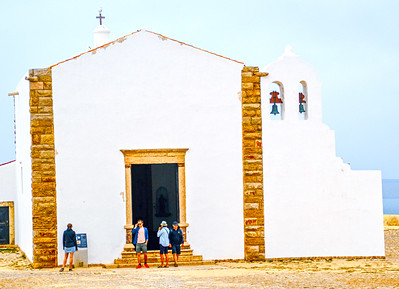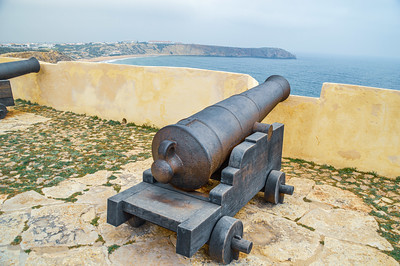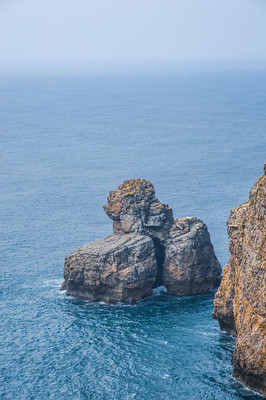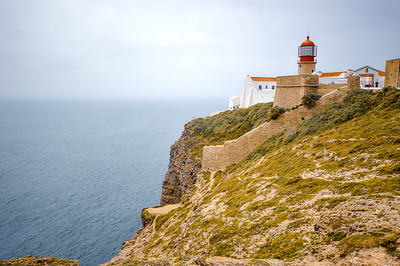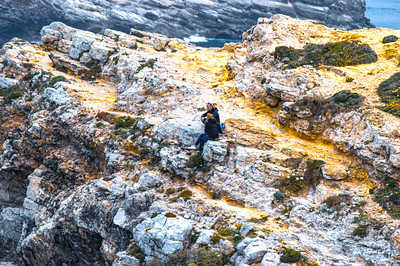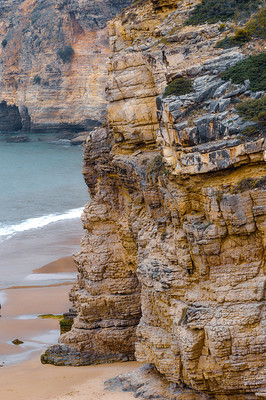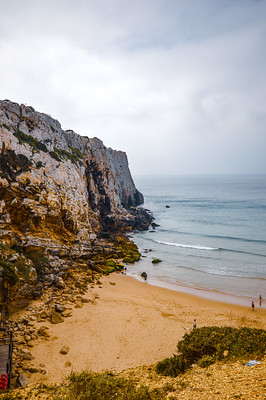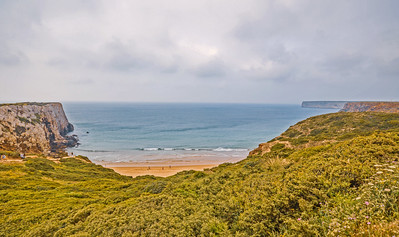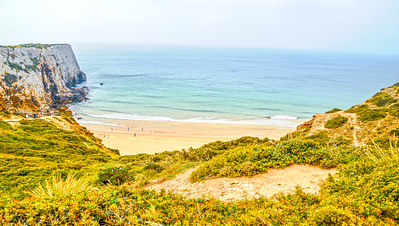Fortaleza de São Vicente
Fort São Vicente (Fortaleza de São Vicente in Portuguese) is a military monument in Sagres, in the Algarve region of Portugal. It consists of the remains of a fortification, with a lighthouse inside. It was built in the 16th century to protect a coastal strip and an existing monastery on the site. In 1587 it was destroyed by British privateer Francis Drake, and rebuilt in 1606. In the mid-19th century, a lighthouse was built on the site, which was replaced by a new one in the early 20th century. In the mid-2000s, Cape São Vicente was closed to the public for construction work
en.wikipedia.org
About Cabo de São Vicente
Located a few kilometres northwest of Sagres is the historic Cabo de São Vicente (Cape of Saint Vincent) is a craggy, windswept headland at the spot which claims to be the most south-westerly point of mainland Europe. Until the end of the 14th century many believed this place to be the end of the world - come here on the right day and you might think they had a point. The Romans called this place the Sacred Promontory, and if you stand here at sunset, it can be easy to see why - the sun appears unusually large as it descends over the seemingly endless sea.
Henry the Navigator is said to have lived here, and the spot is thought to have played a significant role in the discovery of “New Worlds” during the 15th century Age of Discovery.
The headland gets its name from St Vicente (Vincent) of Saragossa, who was said to have been tortured by having salt rubbed into wounds and then burnt alive around 304A.D. His remains were reputedly brought ashore here and a shrine was built, supposedly guarded by ravens. In the 12th century these relics (accompanied by the ravens) were moved to Lisbon and Vicente is one of Lisbon’s patron saints. The last of the ravens around Lisbon cathedral is believed to have died in 1978.
www.travel-in-portugal.com
